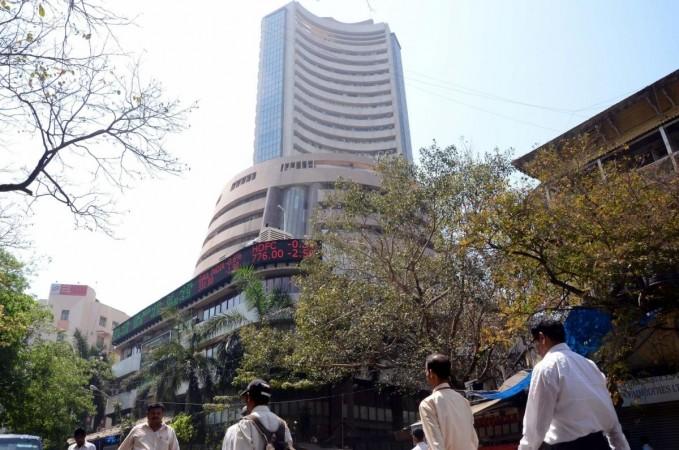Indices at Dalaal street went off the cliff on the first day of the week, triggering a loss of Rs. 6.81 lakh to the investors. The 30-share Sensex closed at 55,822.01, down 1189.73 points or 2.09 percent. Before a late-stage recovery, the index had fallen to a low of 55,132.68. The NSE Nifty Index lost 371 points, or 2.18 percent, to 16,614.20. Not even a single sector was spared by the bloodbath.
All sectors, including information technology, wined hell off. The Nifty IT index, which had held gains on Friday due to an encouraging demand forecast for the industry, also succumbed to the broader bearish attitude. The benchmark indices appeared to be dragged lower by metals, real estate, and financials. The Nifty Bank index dropped 3.3 percent, the Nifty Realty index dropped 4.9 percent, and the metals index dropped 3.8 percent.

Here are the major factors behind the sell-off
FII selling pressure
The central banks' tightening of policies in advanced economies has culminated in relentless dumping by foreign institutional investors (FIIs) in India and other developing economies. For instance FIIs net sold about Rs 26,000 crore in the money markets in December only, the largest monthly selling this year. Moreover, they sold Rs 2,069 crore in the money markets on December 17.
Omicron spread
As most European governments scrambled to contain the growing number of cases, the quickly spreading Coronavirus variety continued to frighten investors. Market experts feel that another round of harsh lockdowns, barely a year after the global economy began to take tiny steps toward normalization, may severely harm economic recovery hopes.

Contractionary monetary policy
Another major reason for this sell-off is the Contractionary monetary policy by western economies which has resulted in the spiraling effect in the Asian equity markets. Several central banks have upped rates to combat inflation in their respective countries since the Fed stated its views on aggressively withdrawing from its pandemic-driven support. The Bank of England raised interest rates for the first time since the COVID-19 pandemic broke out.












